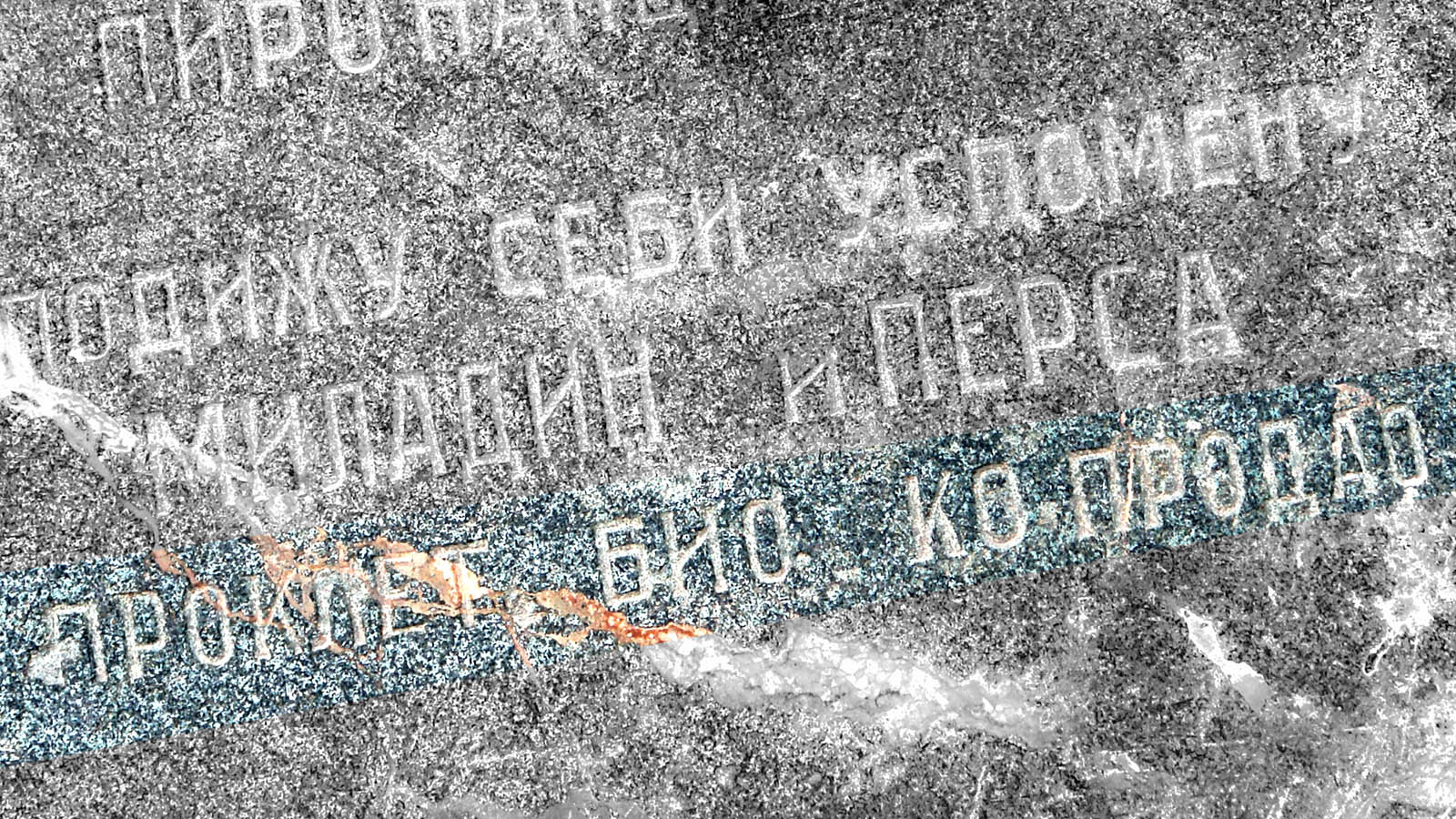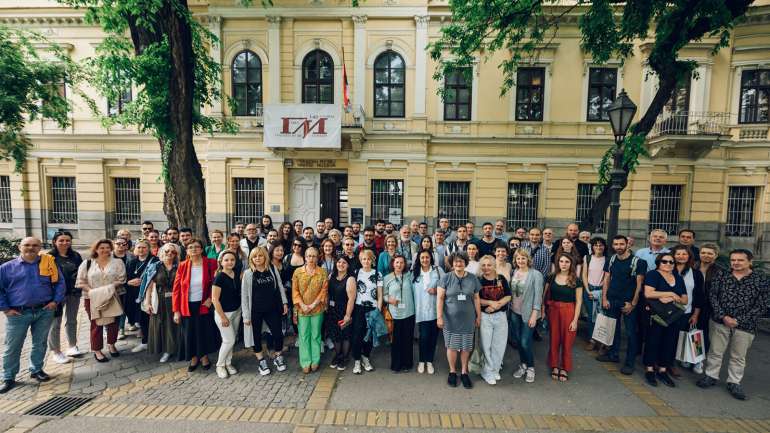By: Branislav Cvetković, museum advisor
Curses, witchcraft, spell casting, and fortune telling are ancient forms of superstition that has always been present across the planet and in all world cultures and religions. It is found both in Old Testament (God curses snake) and in New (Jesus curses barren fig tree). In public discourse curses can still often be heard today through addresses of politicians and church dignitaries…
Since 2013 (also in 2017 and 2019) our media have often republished the same “news” about “Villa Stajković” in Vrnjačka Spa, which on its façade has a red marble plaque with an unusual text containing a curse – Blagoje and Jelena Stajković as owners of the house in golden letters on this plaque state: “we leave a curse on whoever sells and whoever buys this house.” A newspaper comment conveys opinion of the citizens that this kind of curse is unheard of in their area and can be explained by customs from Negotin, the place of origin of the house owner. Ethnographic studies, however, record such data elsewhere as a custom after which one must not sell estates to strangers but rather to relatives or neighbors, so a house owner in some Slavonic villages would say on his deathbed: “I curse, my children, whoever sells our estate and whoever buys it.”
One such monument is preserved within the Epigraphic Collection of our Museum. It is a dark stone slab with the following carved text: “The estate of Miladin Pešić, a potter from Pirot, erected for our memory by Miladin and Persa, we curse whoever sold it.” Since there is no data in museum documentation on how the slab arrived in the fund, it probably comes from a ruined house in Levač street, on which façade it sat. The archives display Miladin Pešić was son of Juliana and Janaćko Pešić, farmers from Nišor village near Pirot. On July 29, 1919, he remarried as a 36-year-old widower, to 32-year-old Persida, widow of Lazar Hajduković, a farmer from Obrež and daughter of Stanojka and Obren Stevanović, farmers from Belušić. In church records of the deceased it is stated that Miladin Pešić, a potter from Jagodina, died on February 22, 1944, “of old age,” though he was only 63. However, data on his age from church records do not agree because according to the marriage register he was born in 1883 while according to the death register his birth was earlier, in 1881.





